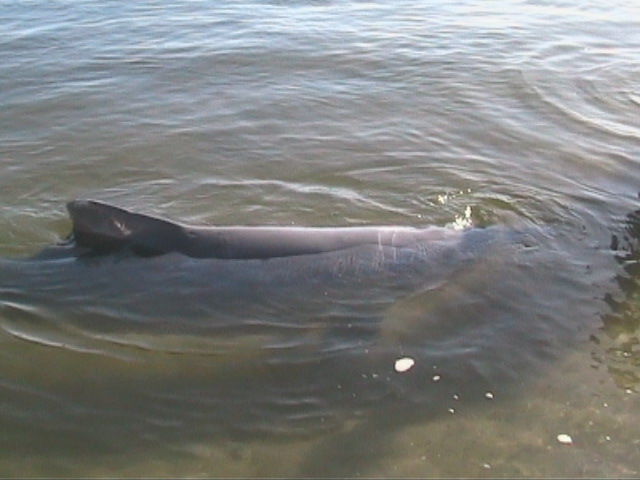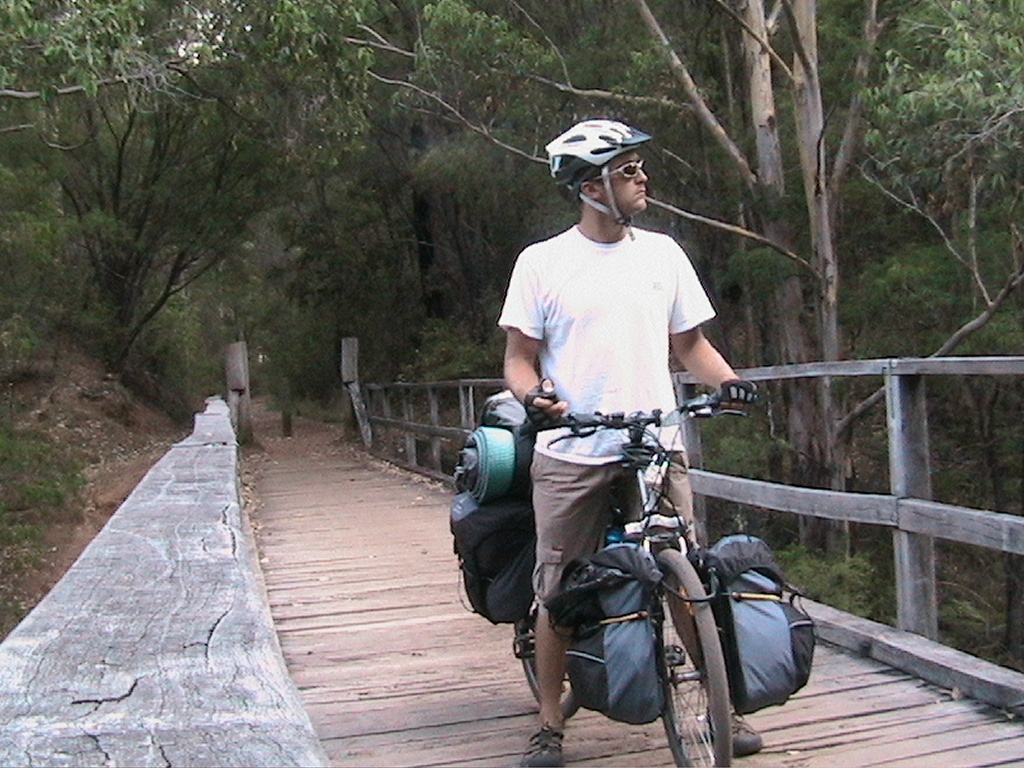Question about the Wombat Influencer
Hey Australia, I’d love your thoughts on something that feels like an r/changemyview moment for me.
I’m pretty baffled by the strong reactions to the influencer who stole a baby wombat. It’s hard to ignore the cognitive dissonance at play here. She certainly seems (and likely is) pretty self-centered, and her laughter at the distress of the wombat is unsettling.
However, for those calling for her prosecution or deportation, I genuinely want to know: do you eat meat?
Statistically, I think most of us do, myself included. And we know that many of the animals we consume are young, right? How can some of us feel that her actions are more reprehensible than eating meat?
I’m not defending her—I’m not a fan of influencers in general, and she seems particularly unlikable. I’m simply curious why so many are so quick to condemn her, while many of us willingly contribute to the suffering of animals in our food choices.
Do we hold different standards for how we treat native wildlife compared to farmed or hunted animals?
I expect there might be some downvotes, but please understand that this comes from a place of genuine curiosity rather than criticism.




You raise some interesting points about the disconnect between our treatment of wildlife and farmed animals. Many people do feel a stronger emotional connection to native wildlife, perhaps because they see them as part of their natural heritage or ecosystems, which might explain the intense reactions to the wombat influencer’s actions.
When it comes to meat consumption, cognitive dissonance is certainly a factor. People often compartmentalize their views: they may enjoy eating meat but feel a moral obligation to protect wildlife, which can lead to a more visceral response when there’s a perceived violation of the natural order, especially involving an animal that’s seen as vulnerable or iconic.
Your question about whether we should hold different standards for wildlife versus farmed animals is valid. Many argue that ethical considerations should extend equally to all animals, while others maintain that the context—such as domestication and cultural practices—changes the moral landscape. The influencer’s flippant attitude towards the wombat’s distress likely exacerbated the outrage, as it violates societal norms of caring for animals.
Ultimately, this situation might serve as a prompt for deeper reflection on our relationships with animals, both wild and domesticated, and how we apply our ethical standards across different contexts. It’s a complex issue, and discussions like this can help us collectively navigate our values regarding animal welfare.